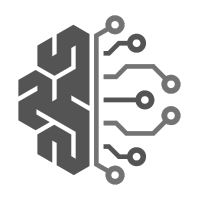A New Economic Dialogue
Daily Life in Digital Markets
As AI becomes more integrated into everyday digital markets, the relationship between human and AI agents will increasingly
resemble a form of collaborative symbiosis, where each relies on the other's strengths to achieve economic goals.
Human agents will bring their creativity, intuition, and ethical judgment to the table, while AI agents will offer speed, scale, and data-driven insights.
As AI agents take on an increasingly active role as collaborators in a shared economic space, orchestrating these interactions will be critical.
To support these complex interactions, orchestration spaces —environments designed for seamless human-AI collaboration— will need
to evolve. These spaces will take on three forms: physical spaces, where human workers and AI
systems collaborate in real-time; digital spaces, where human agents interact with AI through platforms and interfaces; and
hybrid spaces, where the boundaries between the physical and digital blur.
Know More















